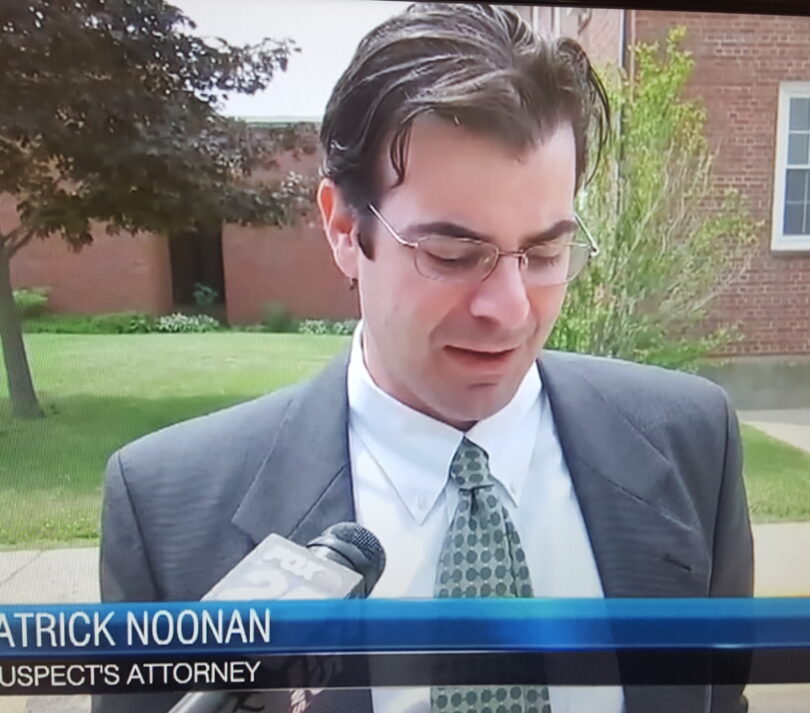Chemical Burns: Culprits and Prevention
Chemical burns – no matter how minor they are – can be extremely painful. While some eventually heal, others can become infected and/or leave lasting scars or disfigurement. The cause can often be found in any pantry, underneath a sink, or in a closet as child chemical burns are not just caused by unusual toxic substances, but also basic everyday household cleaners.
The easiest way to ensure that children do not become victims of chemical burns is to keep all chemicals out of their reach. Infants face the greatest risks due to their natural curiosity. However, it is also important to note that children have also suffered from chemical burns not only in the home, but at school. Some of the most common substances which cause these burns include:
- Chlorination products;
- Battery acid (cars);
- Bleach;
- Ammonia
- Teeth whitening products; and
- Denture cleaners.
Exposure and Legal Liability
According to the American Burn Association, chemical burns account for three percent of all burn center admissions. The biggest risk factor is a child’s easy access to these chemicals in the home. Children can swallow toxic substances, like drain cleaner or laundry detergent, or spill bleach on their skin. Chemical burns which occur in the eyes or to the mouth require immediate medical attention. In some instances exposure to certain chemicals, such as hydrofluoric acid, may not cause immediate pain to your child. A slow, deep pain develops with hydrofluoric acid.
Perhaps what is most frightening is the fact that chemical burns may not always be visible at first, but they can do severe damage over time, especially if they enter the bloodstream and affect internal organs. Their effects generally depend upon the chemical itself and how much the child was exposed to, the location of the burn, how long they were exposed to the chemical, and other factors, such as whether the chemical was able to enter the bloodstream via an open cut or wound.
While children can sometimes get into these products as the result of negligent oversight, it is also possible for children to be injured if a product is defectively packaged or contained. Household cleaners and chemicals can explode and leak if the product is overly corrosive, exposed to heat, or for other reasons. Children can sustain chemical burn injuries due to an individual or product manufacturer’s negligence. This happens when children are left with easy access to open bottles of bleach or a manufacturer failed to place the proper warning labels on a product.
Boston Area Personal Injury Chemical Burn Attorneys With Experience You Can Count On
Child chemical burn accidents commonly occur as a result of another’s negligence or because of a defective product. If your child or someone else’s child has suffered an injury due to a chemical burn, contact an experienced child household cleaner poisoning attorney at the Law Offices of Jeffrey Noonan to learn more about your legal options. Do not suffer through this alone. Those responsible for the child’s injuries should be held accountable.
Our attorneys have been representing families of child victims for more than 35 years and handle all types of injury cases including those involving chemical burns. No matter where you are located, we are just a phone call away. Call our law offices today to schedule a free no-obligation case review and consultation at (508) 588-0422 or click the link below to use our Free Case Evaluation Form.
Initial Consultations Are Always Free – No Fee Unless We Recover For You
Child Chemical Burn Injury Lawyer assist clients throughout all of Massachusetts including, but not limited to, those in the following counties, cities and towns: Plymouth County, Brockton, Plymouth, Bridgewater, Marshfield, Hingham, Duxbury, Wareham, Abington, Rockland, Whitman, Hanson, Holbrook, Middleborough; Norfolk County including Quincy, Stoughton, Dedham, Weymouth, Braintree, Avon, Holbrook, Randolph, Canton, Sharon, Brookline, Franklin; Bristol County including New Bedford, Fall River, Taunton, Attleboro, Westport, Dartmouth, Mansfield, Easton, Raynham, Lakeville, Norton; Cape Cod, Hyannis, Falmouth, Barnstable and the Greater Boston area including Cambridge, Somerville, Medford, Everett, Lawrence, Lynn, Revere, Dorchester, Roxbury.



